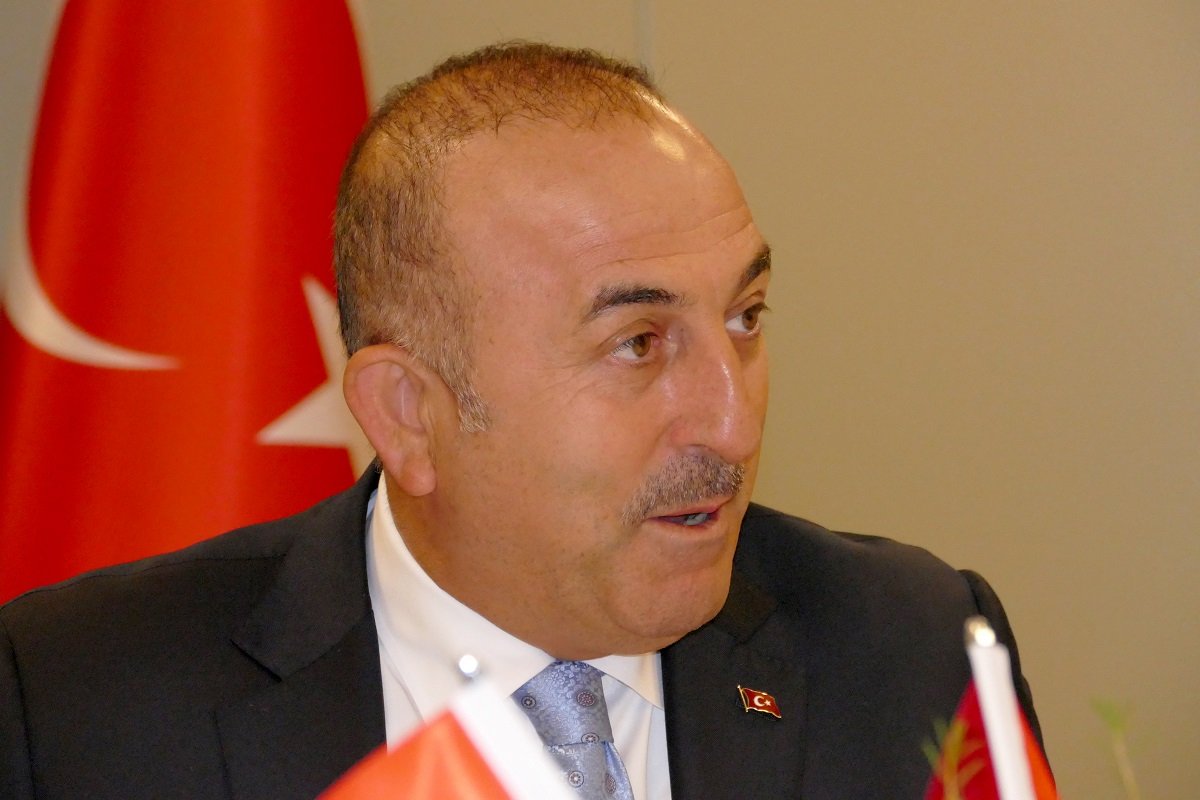The UN Human Rights Council sent an urgent communication to the Albanian government requesting the current whereabouts of Selami Şimşek and urging that it halt and review the decisions of expulsion taken against Şimşek and all other Turkish nationals residing in Albania.
The UN authorities warned the Albanian government that “the imminent forcible returns of Mr. Selami Şimsek and other Turkish nationals currently residing in Albania may place them at serious risks of being subjected to arbitrary arrest and detention, and possibly enforced disappearance and torture in transit and upon arrival in Turkey.”
The UN officials also requested information on “the factual and legal grounds for expelling” Harun Çelik to Turkey. Çelik, a teacher at a Hizmet-affiliated school in Kazakhstan, was detained at the Tirana airport together with Şimsek in July 2019, sentenced to eight months in prison, abducted from the prison and extrajudicially rendered by the Albanian authorities to Turkey on January 1 without giving him the opportunity to apply for asylum.
In the communication, dated March 20 and co-signed by the Working Group on Enforced or Involuntary Disappearances; the Working Group on Arbitrary Detention; the Special Rapporteur on the human rights of migrants; the Special Rapporteur on the promotion and protection of human rights and fundamental freedoms while countering terrorism; the and Special Rapporteur on torture and other cruel, inhuman or degrading treatment or punishment, the UN authorities expressed their concerns over Çelik’s expulsion to Turkey for his alleged connection to the Hizmet/Gülen movement and “without any due process guarantees afforded by relevant legislation”.
The UN officials brought up the international protection principle of non-refoulement, “which is enshrined in several key human rights instruments ratified by Albania, in particular the Convention against Torture and Other Cruel, Inhuman or Degrading Treatment or Punishment (CAT) (article 3), the International Convention for the Protection of All Persons from Enforced Disappearance (article 16), and the 1951 Convention on the status of refugees (article 33).”
The UN authorities further reminded that “the principle of non-refoulement is universally recognized as a principle of international customary law and, as such, constitutes an indispensable component of the customary prohibition of torture and other cruel, inhuman or degrading treatment and punishment.”
According to the communication, Şimsek was detained on July 8, 2019 along with Çelik at Tirana Rinas Airport in Albania over the alleged possession of a forged Canadian visa. He was arrested and subsequently convicted for attempting to cross the border unlawfully. The Court of Appeals ordered his immediate release on March 9 because he had served his sentence in pre-trial detention. Şimşek was later transferred to a migration center in Laprake, where he applied for asylum, in support of which his lawyer sent a letter to the Albanian authorities requesting them not to send him forcibly to Turkey. He was supposed to be placed in an asylum center in line with standard procedures, but that never happened. Some high-level government officials allegedly demanded his immediate expulsion to Turkey. His lawyer was later informed that he might be detained in the Closed Detention Center for Foreigners, which further raised concerns that his expulsion was imminent. Moreover, his lawyer was not permitted to contact Şimsek.
With respect to Şimşek the UN authorities underlined that the International Convention for the Protection of All Persons from Enforced Disappearance, ratified by Albania in 2010, as well as the Declaration for the Protection of All Persons from Enforced Disappearance prohibit enforced disappearances, adding that “a failure to acknowledge deprivation of liberty by state agents and refusal to acknowledge detention constitute an enforced disappearance, even if it is of a short duration.”
The UN officials furthermore requested information from the Albanian government, among others, on the current whereabouts and the state of health of Şimşek, the current status of his application for asylum, and the factual and legal grounds for expelling Mr. Çelik to Turkey.
They also requested an explanation from the Albanian authorities “on the factual and legal basis (whether national security or other measures) that are being invoked to justify the expulsion to Turkey of persons seeking asylum to Albania, accused of involvement in or sympathies for the Hizmet/Gulen movement.”
Lastly, the UN authorities “urge[d] the Albanian authorities to halt and review without delay the decisions of expulsion taken against Mr. Selami Şimsek and all other Turkish nationals residing in Albania.”
Turkish authorities have been carrying out a witch hunt against the followers of the faith-based Gülen movement, a dissident group critical of Turkish President Recep Tayyip Erdoğan, in Turkey and abroad.
Turkish Minister of Foreign Affairs Mevlüt Çavuşoğlu stated on November 14, 2018 that the government had requested the extradition of 452 people from 83 countries over their alleged ties to the Gülen movement. According to Çavuşoğlu with the cooperation of 21 countries, a total of 104 alleged members of the Gülen movement had been extradited to Turkey to date.

“We continue to pursue a resolute fight with FETÖ both at home and abroad,” Çavuşoğlu told the Turkish parliament’s Planning and Budget Committee, referring to the Gülen movement. “We are pursuing FETÖ terrorists wherever they are in the world. We will bring FETÖ members to justice and hold them accountable,” he added.
“FETÖ” is a derogatory term coined by ruling Justice and Development Party (AKP) led by the Islamist President Erdoğan to refer to the Gülen movement.
As part of this witch hunt six Turkish nationals – teachers Cihan Özkan, Kahraman Demirez, Hasan Hüseyin Günakan, Mustafa Erdem and Yusuf Karabina — who were working for a group of schools affiliated with the Gülen movement in Kosovo — along with Dr. Osman Karakaya, were extrajudicially rendered to Turkey on March 29, 2018 in a clandestine operation by the Turkish intelligence service with the complicity of Kosovar authorities.









